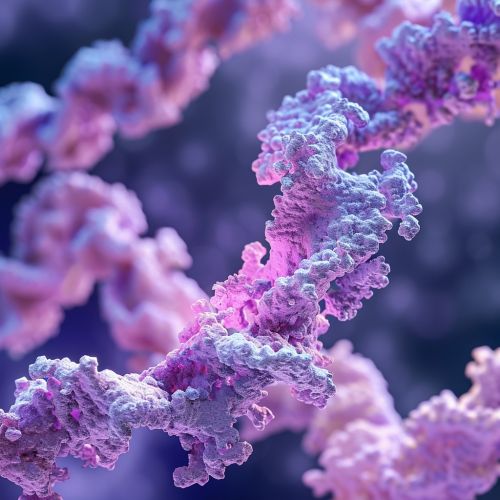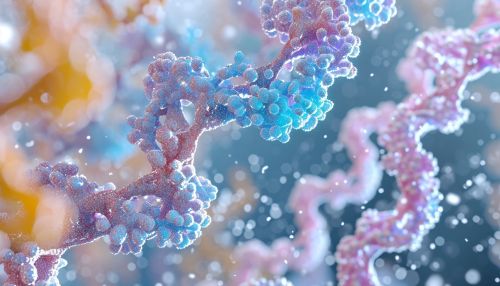Protein family
Overview
A protein family is a group of proteins that share a common evolutionary origin, reflected by their related functions and similarities in sequence or structure. Proteins within a family are descended from a common ancestor and can be classified into subfamilies based on their degree of sequence similarity.
Classification
Protein families are broadly classified into three types: homologous superfamilies, protein domain families, and protein subfamilies.
Homologous Superfamily
A homologous superfamily comprises proteins with low sequence similarities but with a common structural architecture. These proteins perform different functions but share a common ancestor.
Protein Domain Family
Protein domain families consist of regions or domains that occur in a variety of different proteins. Domains are functional units within a protein, and they may exist in a variety of biological contexts.
Protein Subfamily
Protein subfamilies are groups of proteins within a family that are closely related based on their sequence similarity and often share specific functional attributes.


Identification
The identification of protein families is often based on sequence comparisons and structural analysis. Various bioinformatics tools, such as Basic Local Alignment Search Tool (BLAST), FASTA, and Clustal Omega, are used to compare protein sequences and identify families.
Importance
Protein families are of significant importance in understanding the functional biology of an organism. The study of protein families can provide insights into protein function, structure, and evolutionary relationships.
Evolution
Protein families play a crucial role in understanding the evolutionary landscape of proteins. The similarities and differences in sequence or structure among proteins within a family can provide insights into their evolutionary history.
